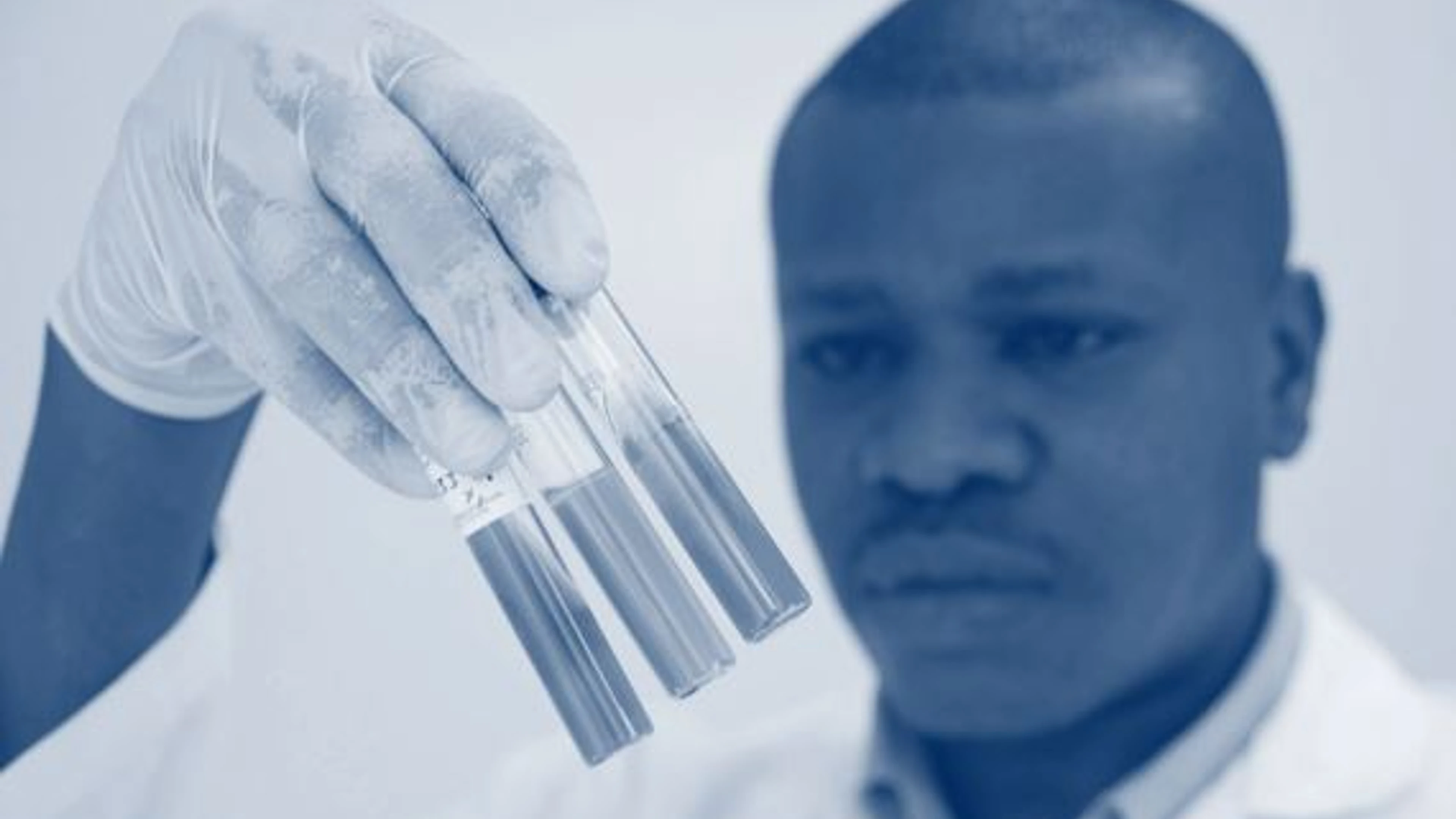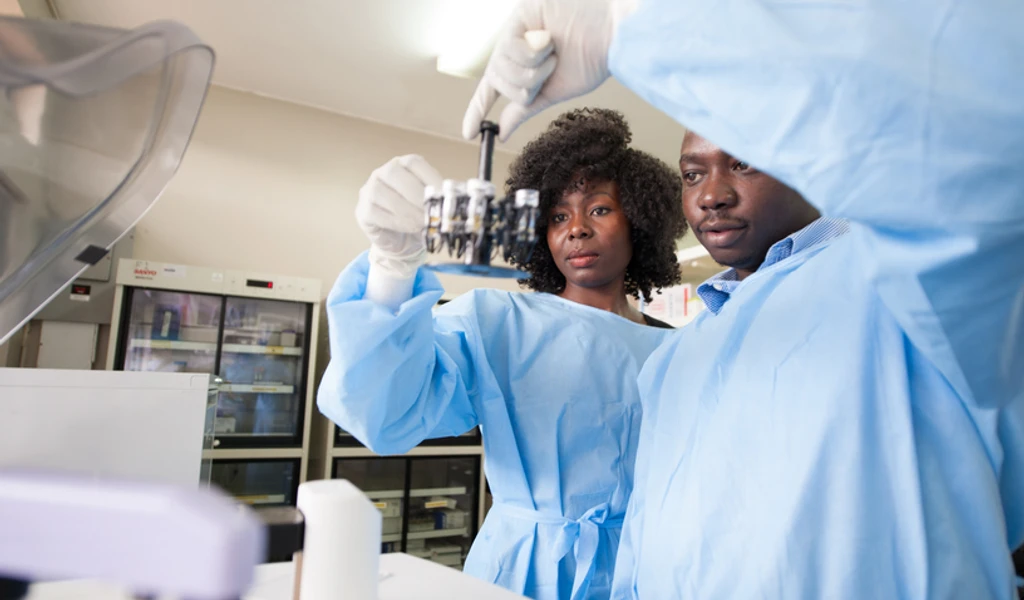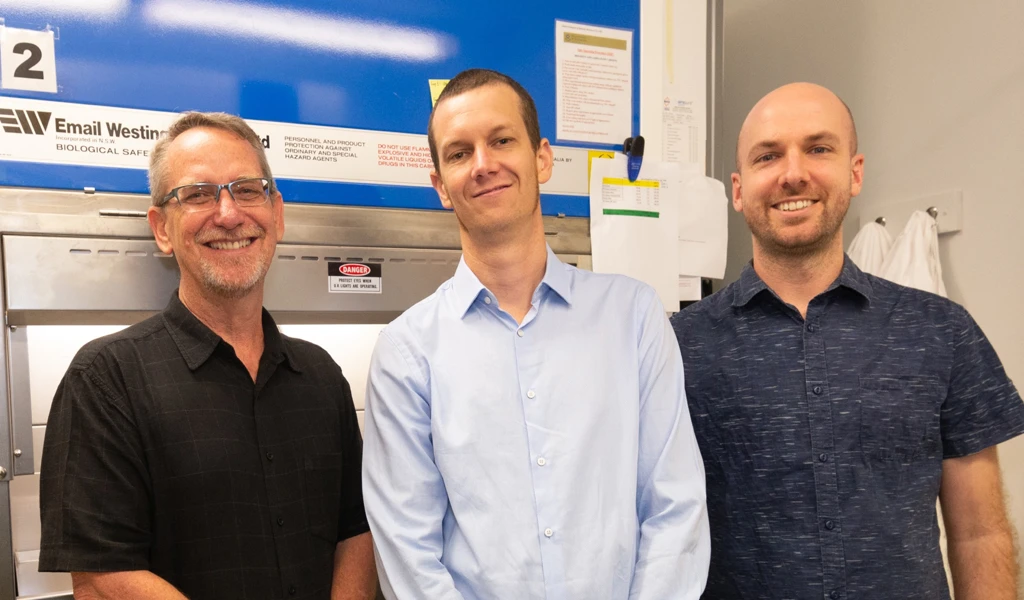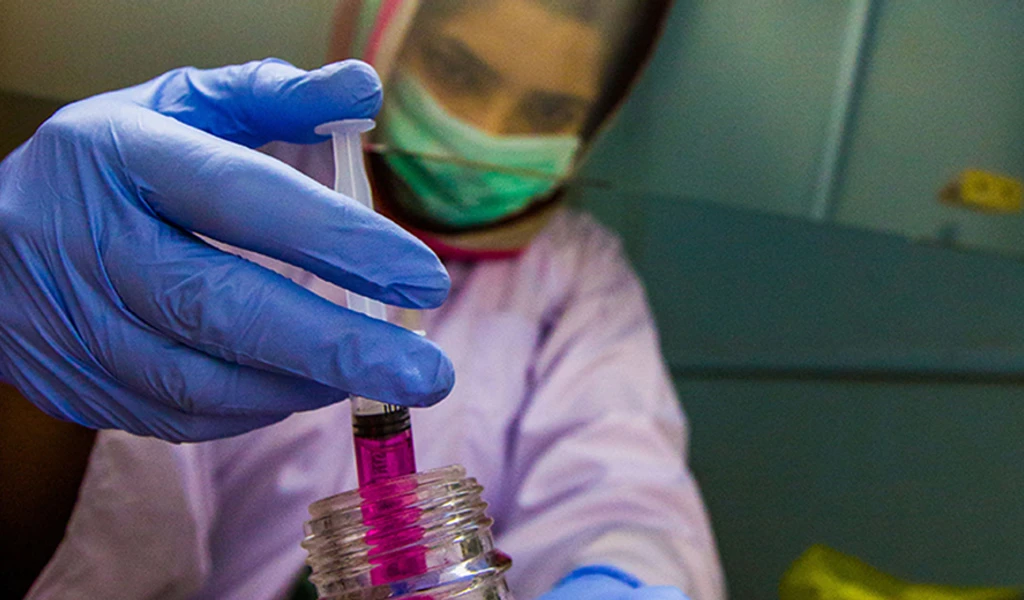Prepare to be prepared: leveraging West Africa's research ecosystem to strengthen outbreak response

CEPI's new Request for Proposals seeks a partnership to prepare clinical trial sites for a first-ever Phase 3 Lassa fever vaccine efficacy trial in West Africa, while also developing a strategy to enable long-term epidemic research preparedness in the region.
Over its history, West Africa has faced a glut of virulent and increasingly common disease outbreaks. Of these diseases, one has plagued several countries in the region for over five decades: Lassa fever.
The viral haemorrhagic disease, which shares a namesake with the remote Nigerian town where it was first discovered, is typically spread by a species of infected rat. While most people fully recover, in people with severe infection, up to 15% have their lives claimed by this indiscriminate virus. And, alarmingly, our changing climate is driving a rise in Lassa fever cases, meaning the disease is increasingly likely to crop up far beyond its West African origins.
Despite its unrelenting grip, a cure for the disease remains elusive. But hope is on the horizon.
CEPI is a leading funder of Lassa fever research, and through this investment, some of the first-ever vaccines have been advanced into Phase 1 clinical trials. It also funds Enable, the largest-of-its-kind epidemiological Lassa fever study, launched with West African partners, to provide a more accurate assessment of Lassa infections, which will help prepare for late-stage vaccine clinical trials.
Now, CEPI is forging ahead with plans for a high-quality, multi-country Phase 3 efficacy trial of a Lassa fever vaccine across West Africa. Phase 3 vaccine trials generate crucial safety and efficacy data for new vaccines in large groups of people and are prerequisite to any new vaccine being approved. They require highly trained multidisciplinary teams capable of recruiting thousands of participants.
Historically, many of these late-stage vaccine trials have been conducted in high-income countries. Today, though, the research landscape is rightly shifting. In a handful of West African countries, for example, a bourgeoning R&D sector exists, with very-capable sites conducting trials following Good Clinical Practice (GCP) Guidelines — an international standard for clinical trial conduct. That said, there's scope to take this R&D capability further, including expanding the geographic diversity of clinical trial sites that are responsive and closer to disease outbreaks, as well as crystalising procedures, knowledge and governance for clinical trial readiness.
To this end, through a new Request for Proposals (RfP), CEPI is seeking a consortium with a regional footprint to strengthen clinical trial infrastructure in West Africa and establish more GCP-compliant Phase 3 trial facilities in the region by 2024. With the funding, the consortium will determine how to get these sites Phase 3 ready, whether through staff training, equipping facilities, community engagement programmes and so forth. This vital preparation aims to identify and fill research preparedness gaps, helping ensure the region is fully ready to advance a Lassa vaccine on its path to approval.
But Lassa fever isn't the only disease that threatens West Africa. There's additional need to reinforce West Africa's R&D capacity to respond rapidly to future outbreaks of known diseases like Marburg, which is responsible for ongoing outbreaks in Equatorial Guinea and Tanzania, as well as Disease X (an as-yet-unknown pathogen with epidemic potential).
CEPI's What Will it Take report outlines five areas of innovation needed to deliver pandemic-busting vaccines in around three months, known as the 100 Days Mission. A crucial preparation pillar captured in the report is having high-quality clinical trial networks at the ready in outbreak-prone areas, so that trials can begin within weeks of a new outbreak. This will enable rapid generation of efficacy and safety data as new viruses emerge and get vaccines to people quicker — making a vital contribution to access by reducing periods of vaccine scarcity and, therefore, inequity.
But this preparation must begin now. High-quality clinical trial infrastructure is the bedrock of the enabling research that produces novel vaccines. The 100 Days Mission will not achieve its endeavours if we cannot secure the fundamental preparations in advance.
For this reason, the RfP takes a two-pronged approach. CEPI's long-term vision is for the same coordinating partner (which lays the ground for Phase 3 Lassa vaccine trials) to also prepare and sustain clinical trial facilities in West Africa that can rapidly generate vaccine evidence against future disease outbreaks.
By engaging with stakeholders, supranational organisations, and regional public health agencies, CEPI hopes to identify existing networks and infrastructures across the 16 West African countries, connect regional capabilities locally and globally, align with other funders, and map out where there's a need to bolster clinical trial infrastructure.
The path to achieving this is, of course, complex, and careful consideration must be given to understand how these facilities can be sustainably maintained during non-outbreak periods. But the most realistic solutions to this issue can only come from regional organisations that truly grasp the inter-intra-country nuances of West African infrastructures, research ecosystems and health policies. CEPI intends to bring its global R&D expertise to support these localised solutions.
West Africa will be the first region where CEPI and its partners develop a strategy to leverage existing infrastructure and collaborate with local stakeholders to maintain readiness over time. But the intention is to expand this approach to other underserved regions across the Global South.
Carving out robust research ecosystems closer to affected populations, built with unparalleled local expertise, will ultimately bring vaccines closer to the people who need them most, helping countries to squash future outbreaks even faster.
--END--
Request for Proposals details
CEPI is seeking a consortium to support in two areas:
Track A: Clinical Research Preparedness (routine): prepare clinical trial sites and facilities in Lassa-endemic countries for Good Clinical Practice (GCP)-compliant conduct of a Phase 3 Lassa fever vaccine efficacy trial (starting in 2024). (Note: the conduct of the Phase 3 trial is not part of this Request for Proposals)
Track B: Evidence Generation Readiness (emergency): develop concepts specific to outbreak scenarios to prepare and sustain clinical trial facilities in West Africa and implement clinical research strategies to rapidly initiate clinical evidence generation around vaccines and other biological countermeasures in response to future health emergencies in support of CEPI's ‘100 Days Mission'.
The RfP is open until 15 June 2023, 23:59:59 GMT.
Detailed eligibility criteria and information on how to apply can be found on CEPI's website and in the full RfP text, which is also available in French.


